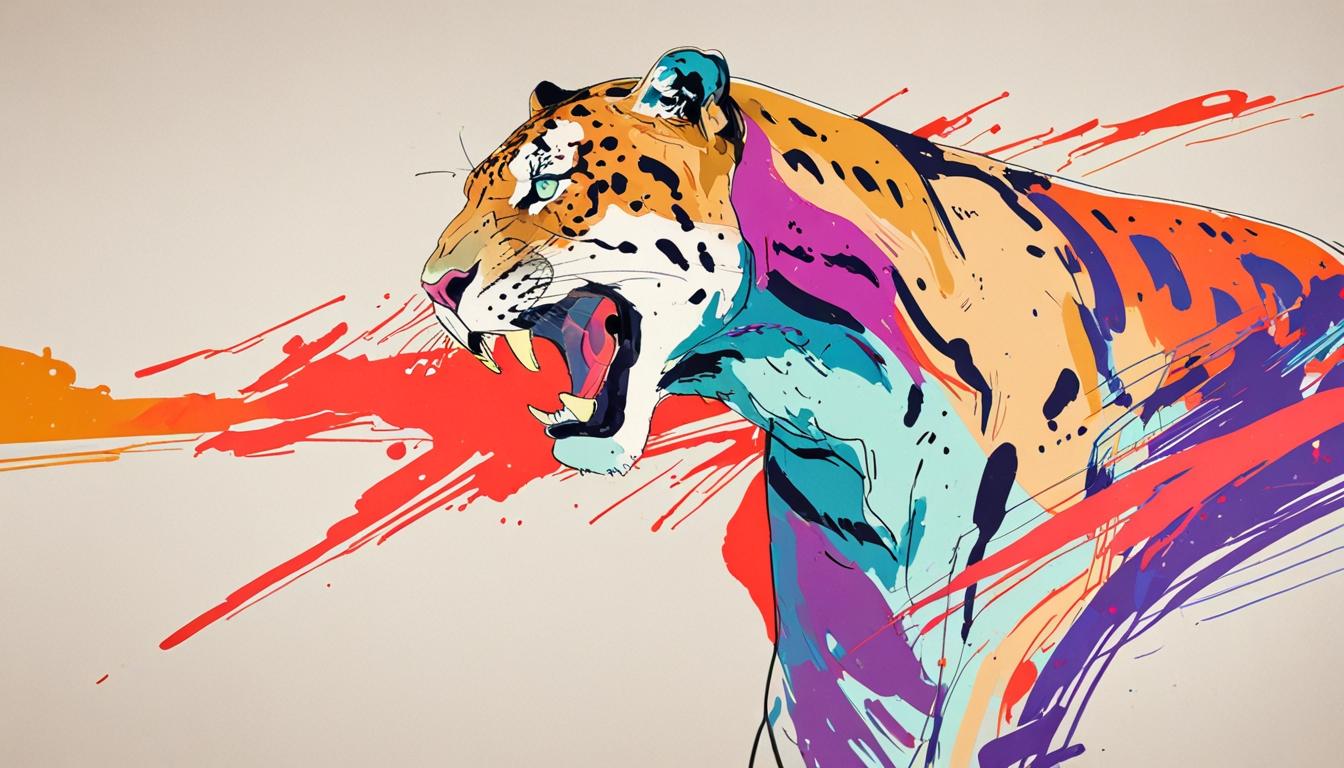Jaguar Land Rover's recent attempt at rebranding has sparked widespread discontent among automotive enthusiasts and critics alike, leading the car manufacturer to seek a new advertising agency. The controversy escalated after the release of a promotional video, part of what Jaguar called 'Project Roar,' which notably featured vibrant models in abstract settings rather than showcasing any vehicles. This strategic pivot has drawn ire for what many perceive as a stark departure from Jaguar’s traditional luxury image.
The rebranding efforts, characterised by a visibly absent showcase of Jaguar's vehicles and even its iconic leaping-cat emblem, have not only generated scrutiny from loyal customers but also garnered negative attention from prominent figures, including Tesla CEO Elon Musk and British politician Nigel Farage. Musk took to social media to question the brand’s direction, postulating, "Do you sell cars?" while Farage went further, suggesting that the company was deserving of failure in light of its new branding strategy.
Critics argue that the campaign missed the mark by failing to communicate the essence of Jaguar as a luxury car manufacturer. According to observers, the company has attempted to embrace a contemporary and eclectic aesthetic in an effort to appeal to a modern audience, yet this has left many longstanding customers baffled. The new slogan, 'Copy Nothing', which accompanies the redesign, has not resonated with those who feel that it strays far from the brand’s heritage and identity.
Despite the backlash, Jaguar’s Managing Director, Rawdon Glover, has vigorously defended the rebrand. He labelled the negative online reactions as vitriolic and unkind, expressing disappointment over the hate directed at the individuals featured in the campaign. Glover contended that moving away from traditional automotive stereotypes is essential for Jaguar to attract a new, ultra-wealthy demographic as they pivot towards an all-electric future. The brand intends to relaunch in 2026, targeting customers who value a new interpretation of luxury, even as the industry's landscape remains fraught with challenges.
However, the early results of this transformation are not reassuring. Sales figures reflect a staggering decline: 33,320 cars sold in 2024 represent a more than 25% drop from the previous year, and a striking decrease from over 161,000 sales recorded in 2019. This trend raises questions about the effectiveness of the rebranding strategy amid shifting consumer preferences.
Industry analysts have remarked that Jaguar’s rebranding risks alienating its core customer base while failing to attract the new clientele it seeks. As Dr Martina Olbert, founder and CEO of Meaning, pointed out, the approach appears extravagant but lacks substance, representing an vacuous attempt at embracing diversity and inclusivity through visual language that may not resonate with potential buyers.
Despite the challenges ahead, Glover remains adamant that Jaguar’s shift is necessary to stand out in a crowded market. He noted in an interview with the Financial Times that remaining stagnant in their branding would lead to obscurity. This assertion speaks to a growing trend among luxury car manufacturers to recalibrate their identities in line with contemporary values around diversity and sustainability.
Nevertheless, the road ahead could be perilous. As Jaguar repositions itself, it must find a balance between innovation and its core brand identity, especially as it embarks on its ambitious electric vehicle strategy. Should it fail to convey why it remains a quintessential luxury brand, Jaguar risks losing both its historical customer base and the potential new buyers that it aspires to attract.
In this climate of transformation and turmoil, the industry will be watching closely to see how Jaguar Land Rover navigates the repercussions of its bold decisions. The outcome not only affects the brand's future but could also serve as a significant case study on the impact of rebranding within the automotive industry amidst the broader cultural discourse on inclusivity and modern consumer expectations.
As the company initiates a review of its global creative account, clarity in its messaging and understanding of its audience’s desires will be crucial to re-establishing its place in the luxury market. The journey of Jaguar Land Rover is emblematic of a broader struggle faced by many traditional brands attempting to reinvent themselves while staying true to their roots.
Reference Map
- Paragraph 1: 1, 2
- Paragraph 2: 1, 4
- Paragraph 3: 3, 4, 5
- Paragraph 4: 1, 3, 7
- Paragraph 5: 2, 6
- Paragraph 6: 2, 3, 5
- Paragraph 7: 1, 6
- Paragraph 8: 2, 3, 5
- Paragraph 9: 1, 6, 7
Source: Noah Wire Services
